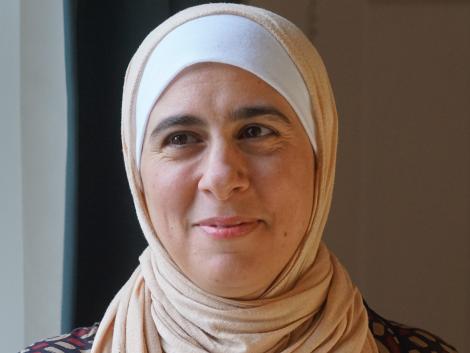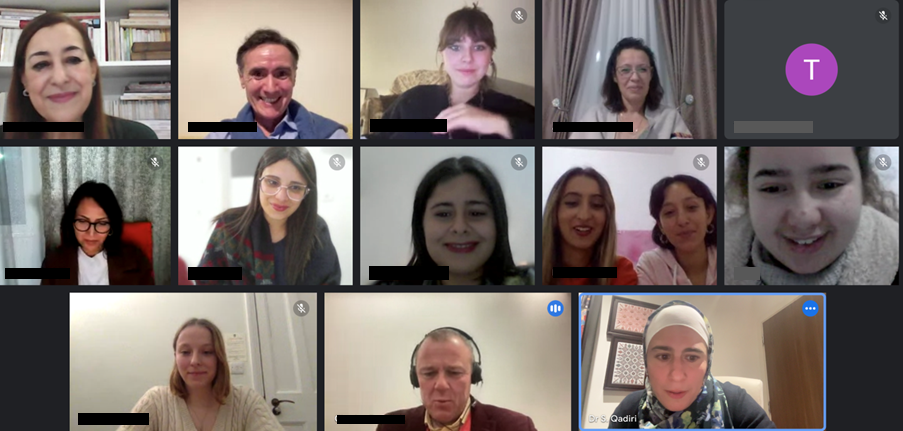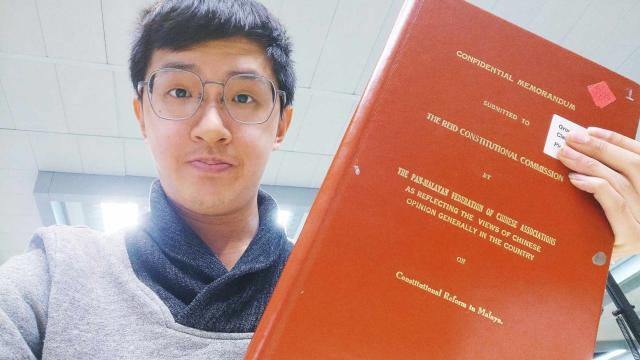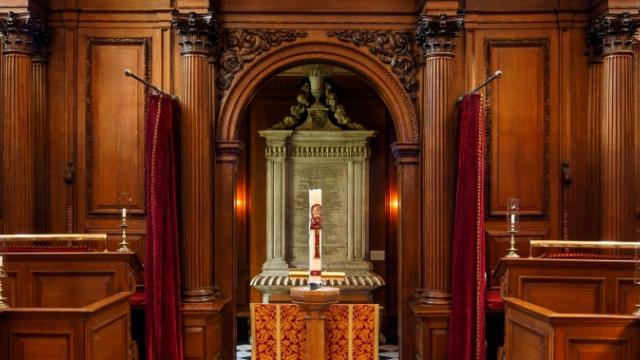
A Fellow of St Catharine’s is working with colleagues to pilot an online seminar series and reading group that creates a virtual transcultural classroom for academics and students from the Universities of Tunis and Cambridge to discuss francophone literature from the Maghreb (the region of North Africa bordering the Mediterranean Sea).
Dr Sura Qadiri (2018), the Dawson College Assistant Professor and Director of Studies in Modern & Medieval Language (MML) at St Catharine’s, specialises in francophone postcolonial literature, particularly from North Africa. She has organised ‘Lire avec le Maghreb' ('Reading with the Maghreb') with Professor Sonia Zlitni Fitouri from the University of Tunis and Dr Hugues Azérad from Cambridge’s Faculty of MML & Linguistics.
Dr Qadiri explains, “Launched in November, the initiative has already started to enrich the study North African francophone literature by students at Cambridge and the University of Tunis – encouraging the careful reading of original texts as well as sensitive communication and negotiation across cultural boundaries during our discussions. I have no doubt that the North African scholars I have encountered during my career have broadened my mind so I am delighted to extend this opportunity to others and help disseminate groundbreaking scholarship to our student communities.
“I first had the pleasure of meeting Professor Zlitni Fitouri back in 2019 at a conference, when it soon became clear that we had similar teaching and research interests, and we have stayed in touch ever since. We think this initiative is novel and hope to be able to reflect and build on our experience, possibly laying the foundations for collaborations with other francophone communities in the future.”
Together, the three leads have devised an exciting syllabus celebrating francophone literature from Algeria, Morocco and Tunisia, with texts selected from multiple eras, genres and authors. Students from Cambridge and Tunis who take up the option to attend a session are given an extract from a chosen text and notes to guide their reading, and encouragement to follow up the online discussions with broader independent reading. Final-year MMLL student, Freya Swinburne, took part in all three seminars and found these to be of value:
"Not only was this a great opportunity to expand my knowledge of north African literature, it was also unique opportunity to engage in intercultural exchange. I hugely enjoyed venturing beyond the Cambridge bubble, hearing new perspectives and appreciating new readings of familiar texts."
Dr Fitouri added, "'Reading with the Maghreb’ has been a distinctly enriching experience. It has given my students and me the chance to read Maghrebi texts in a new light, to respond with curiosity and openness to the perspectives of my colleagues in Cambridge and their students, and to share approaches with them that are plural. This experience has built bridges between different cultures and readings and has opened a window for us onto the world."
The initiative has also been welcomed by colleagues across Cambridge such as Professor Charles Forsdick, the University’s Drapers Professor of French and Professor Emma Gilby, Head of French.
Professor Gilby commented, “I’m so delighted that this initiative gives our linguists the chance to exchange ideas with students from the University of Tunis, guided by academic staff from both institutions. With its richly comparative study of literature from across the Maghreb, this is a fantastic opportunity for immersive and interactive learning.”
Professor Forsdick remarked, “Warmest congratulations to Sura, Sonia and Hugo on such a welcome initiative. This has been a truly innovative project, allowing students in Cambridge and Tunis to approach Maghrebi literature from multiple perspectives. These are works that have emerged from complex historical, linguistic and social contexts. Reading them via cross-cultural dialogue has allowed us to access meanings that would often remain inaccessible in the Cambridge classroom. I learnt so much from these exchanges and very much hope we can work with Sura to extend this collaboration with Sonia and colleagues in Tunis while also exploring the possibility of launching similar partnerships with other institutions in North Africa.”
It is anticipated that this project will lead to further pedagogical and research collaborations with Tunis and with other academic partners in the region, and that such opportunities for international learning will enhance a rich curriculum that seeks to prepare students for a global world.
Find out more about studying MML as an undergraduate at St Catharine's.





